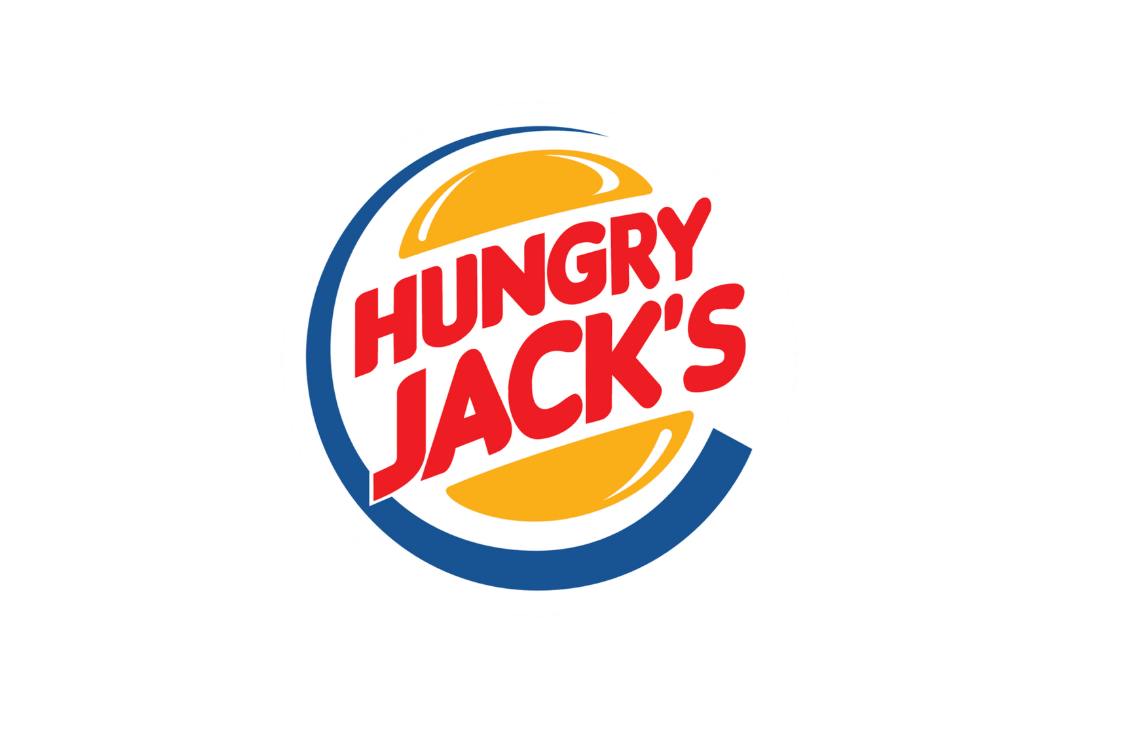Franchising is a widely recognized business model that has played a key role in the global expansion of many popular brands. From fast food restaurants and retail stores to service providers and fitness centers, franchises are deeply embedded in the modern business landscape. Understanding what a franchise is, how it operates, and what it offers to both franchisors and franchisees is essential for anyone considering entering this realm. This article provides a clear and detailed explanation of the franchise concept, its structure, and its significance in today’s economy.
The Definition of a Franchise
A franchise is a legal and commercial relationship between the owner of a trademark, brand, or business model (the franchisor) and an individual or company (the franchisee) who is allowed to operate a business using that brand or model. In essence, franchising is a method for expanding a business and distributing goods and services through a licensing relationship. The franchisor provides the franchisee with the rights to use its established brand name, operational methods, training, marketing support, and ongoing guidance. In return, the franchisee usually pays an initial franchise fee along with ongoing royalties based on revenue or sales.
How The Franchise Model Works
The franchising relationship is governed by a franchise agreement, which outlines the responsibilities, rights, and obligations of both parties. This agreement typically includes details such as territory rights, duration of the franchise, operational standards, marketing contributions, and training requirements. Once the agreement is in place, the franchisee operates their business using the franchisor’s systems and branding while maintaining ownership of the individual location. The franchisee is expected to adhere strictly to the franchisor’s business practices, ensuring brand consistency across all franchise locations.
The franchisor, in turn, benefits from brand expansion without the need to directly invest in new locations. Instead, franchisees invest their own capital, reducing financial risk for the franchisor while enabling rapid growth. Franchising allows businesses to scale quickly and efficiently while maintaining control over the brand’s image and customer experience.
The Different Types of Franchises Available
There are several types of franchise models, each suited to different industries and objectives. The most common is the business format franchise, where the franchisee receives a complete blueprint for operating the business, including marketing strategies, training programs, and operational systems. Another type is the product distribution franchise, which focuses more on the right to sell a manufacturer’s product, common in industries like automobiles or soft drinks. There are also manufacturing franchises where the franchisee is granted the right to produce and sell the franchisor’s products under its brand name.
The Benefits and Challenges of Franchising
For franchisees, the primary advantage is the ability to start a business with an established brand, reducing many of the risks associated with launching a new company. They gain access to a proven business model, ongoing support, and often an existing customer base. For franchisors, franchising provides an opportunity for brand expansion, increased market presence, and recurring income from fees and royalties.
However, franchising also comes with challenges. Franchisees must operate within strict guidelines, leaving limited room for creativity or deviation from the business model. Initial investment costs can be high, and ongoing royalty payments can impact profitability. Franchisors, meanwhile, must invest in training and support, and poorly performing franchisees can negatively affect the overall brand.
Conclusion
A franchise is a powerful business model that allows for the expansion of a brand through partnerships between franchisors and franchisees. It offers mutual benefits: franchisors grow their reach and influence, while franchisees tap into an existing brand and support system. While it is not without its complexities, franchising continues to be a popular and successful method of business growth across a wide range of industries. Understanding the dynamics of franchising is essential for entrepreneurs looking to either franchise their business or invest in a franchise opportunity.









